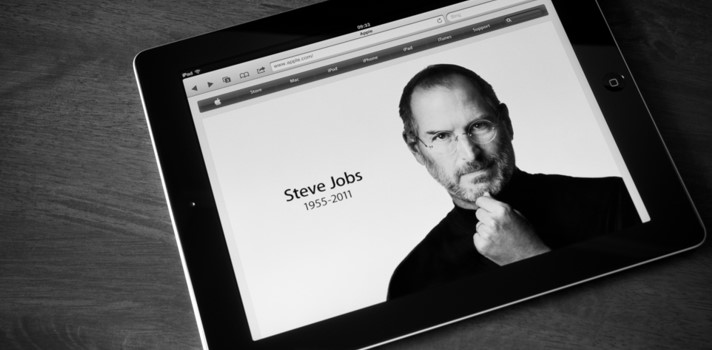Steve Jobs, co-founder and CEO of Apple, who died in 2011 of cancer, can teach us many things from a trauma he went through in 1985.
What trauma was that? He was fired from the company he had created and only returned to it in 1997 to save it from financial failure.
Get to know the 8 things Steve Jobs learned after being fired:
1- He stopped being a “beast”
Although many disagree and say that he continued to be arrogant, Jobs improved a lot after having 3 children with his second wife. These children gave him a good sense of how to tell stories, something that helped him to be the executive director of the graphic animation company Pixar.
2- He didn’t let money ruin his life
Jobs deserves a lot of criticism and that no one can deny. However, he did not let the money go to his head. He himself said in interviews that many of his friends who got rich started buying super luxury cars and paid their wives a series of surgeries. Jobs, in the end, said, “I’m not going to let money ruin my life.”
3- Management compared to the Beatles
Although Jobs is usually known for his tyranny, over time, he has learned to trust the innovation work of others for his industry. And with Pixar, Jobs took it so seriously that he even compared his team to the Beatles. He believed that the Beatles’ team chemistry was very valuable.
4- I have learned to adapt
Jobs saw failure as an opportunity to adapt and learn. What separates innovators from others is their ability to recover from fiascos, rather than intelligence or other unusual abilities.
5- Technology must be invisible
In addition to being invisible, Jobs believed that technology had to be intuitive and not a challenge for users. It is no wonder that the iPhone and other Apple devices are so easy to move. In addition to understanding this, Jobs worked to make life easier for others. and succeeded.
6- He paid his employees well
Jobs believed that “you get what you pay for”. Therefore, I have spared no effort to hire the best employees. He himself said that this was his secret to success: choose well with whom to work and pay what is necessary to keep them in your company.
7- Life is a marathon, not a sprint
Jobs understood that life is not decided in the first seconds. Life is a way to be built. You will fall, you will get up and then you will succeed. Do not forget that your life is not decided in one move. Jobs understood that, with all his stumbling and recoveries.
8- People remember stories, not products
Jobs understood that the value of his story was far above that of his products. It is no wonder that, at the end of his life, he was preparing his own biography.














